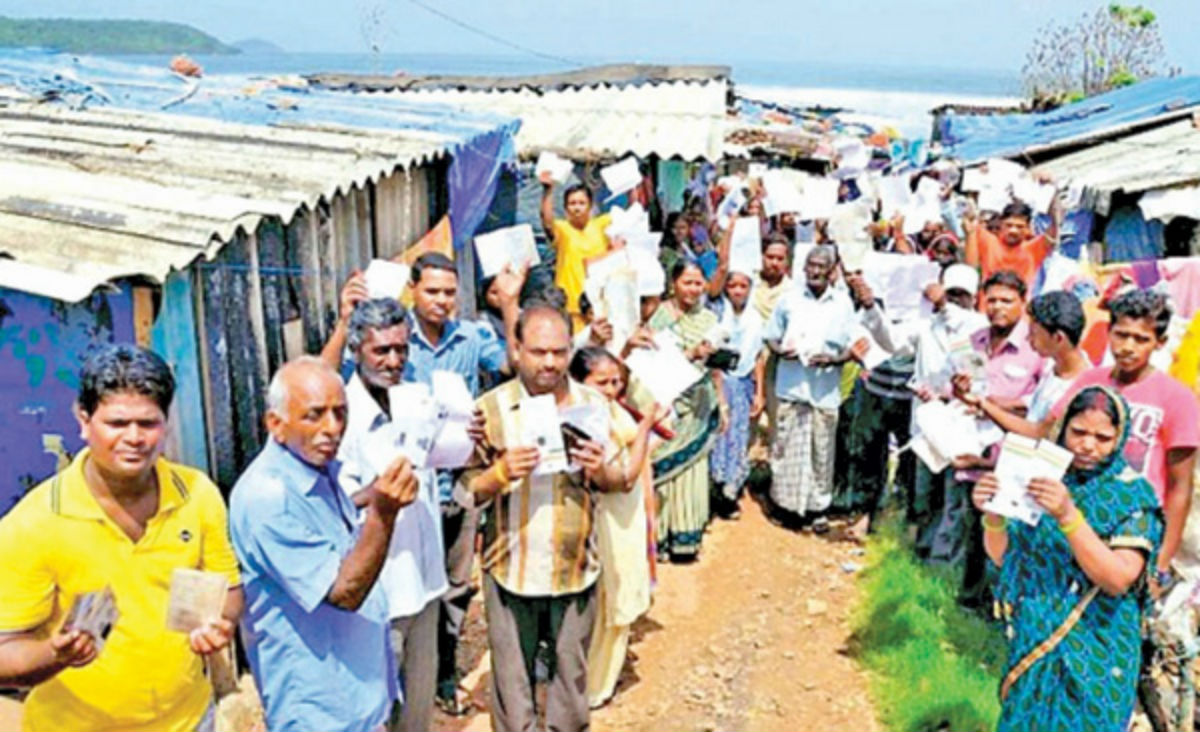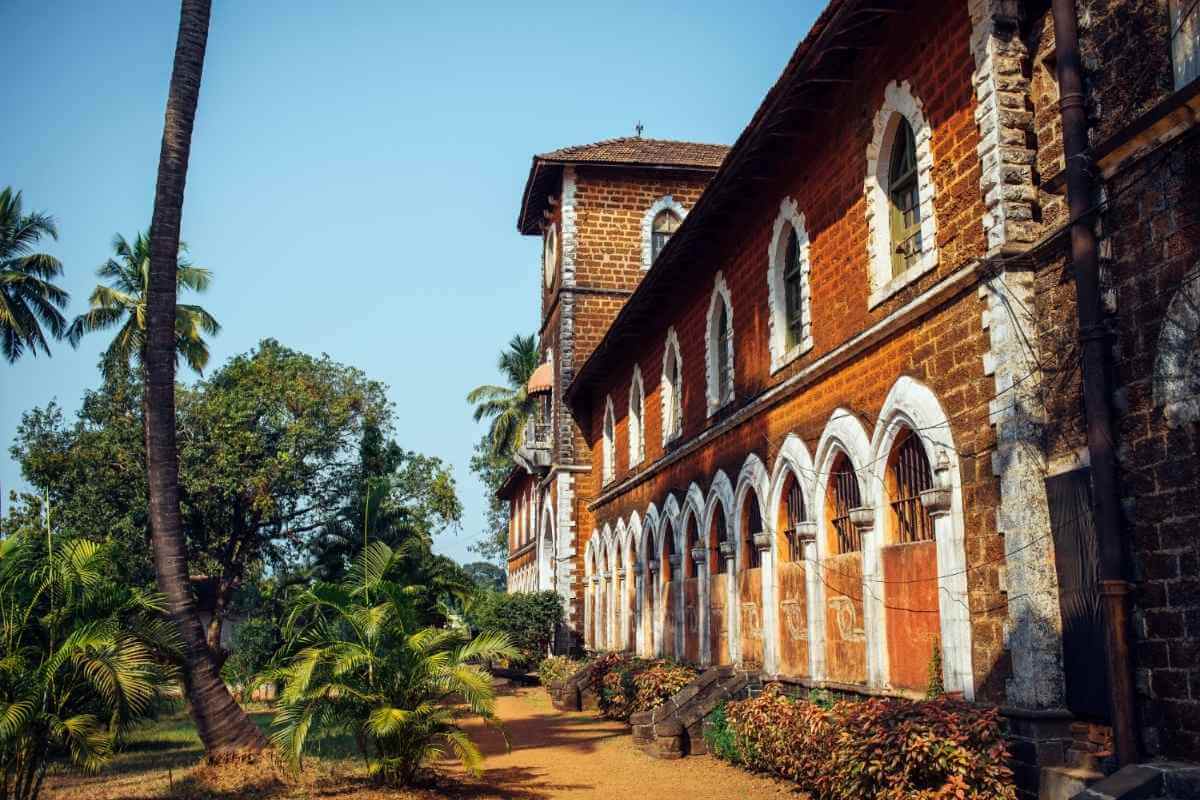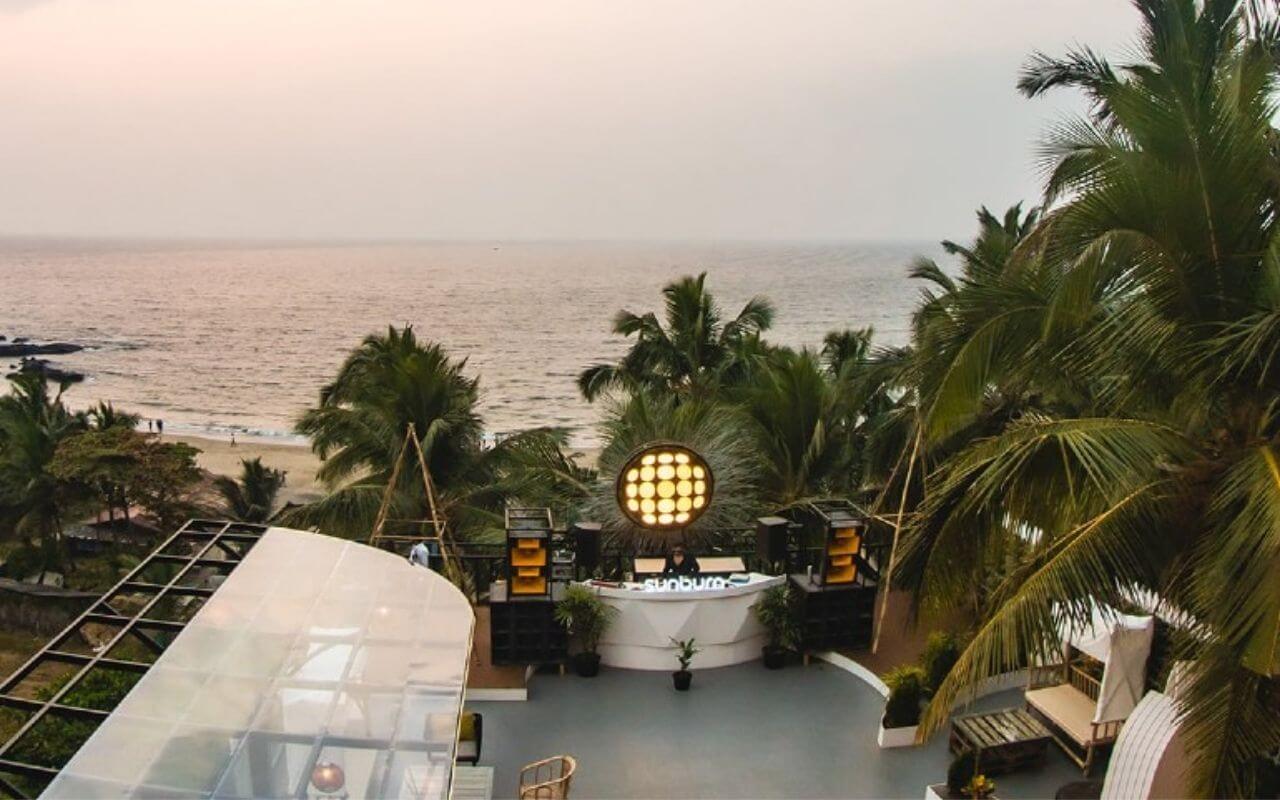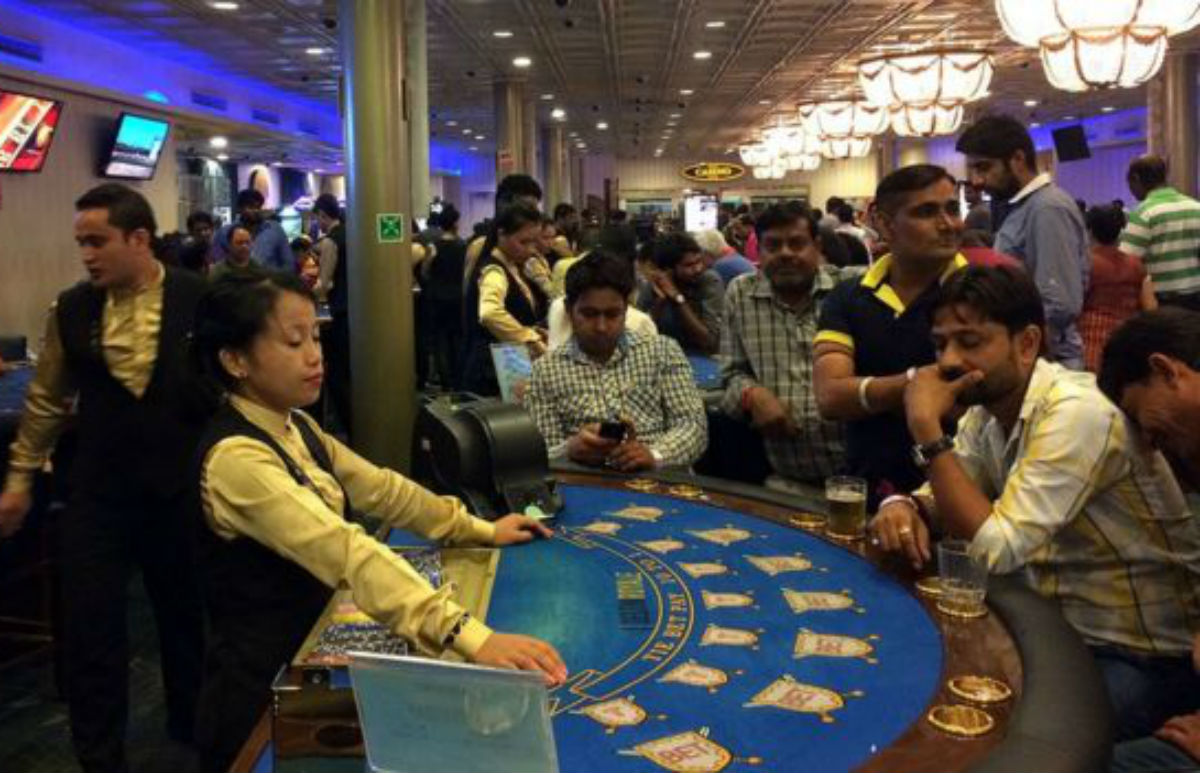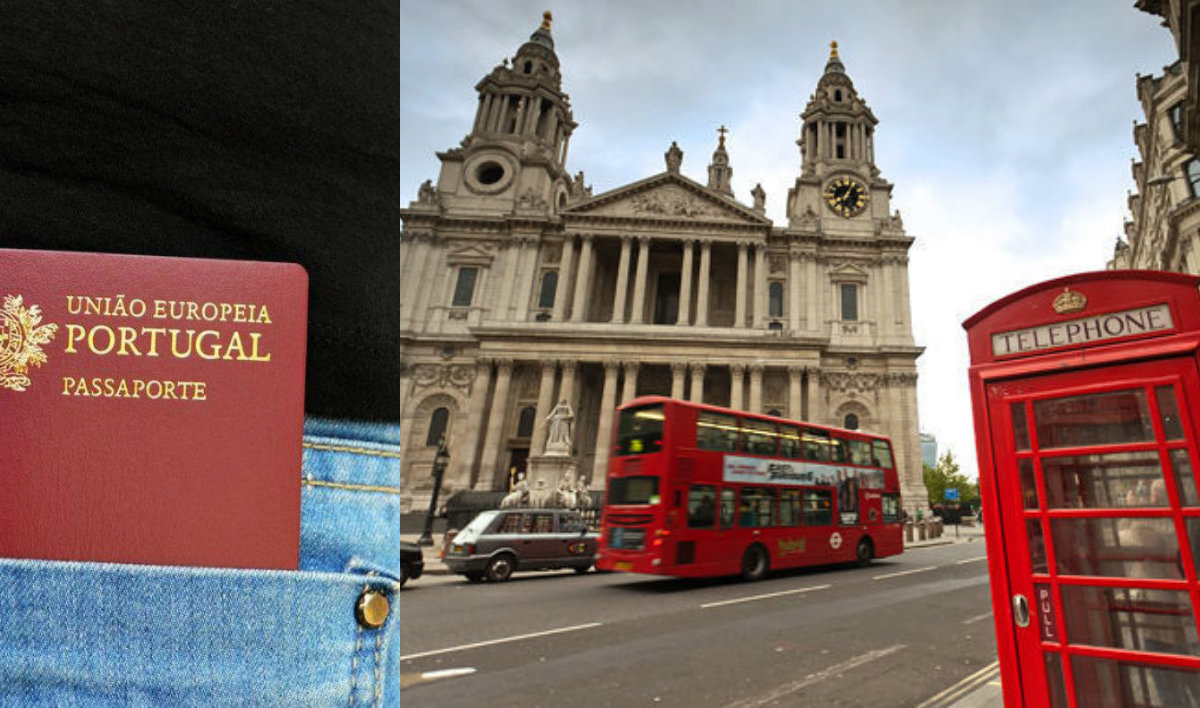This serious thing came into the light recently, migrants entering into Goa from the neighbouring states making use of local Goan names when they get caught for their involvement in crimes. The question here is how they manage to change their names so easily when the Goa Law does not allow anyone not born in Goa to change their names? The following article will give you the entire details as to how migrants manage to change their names.
According to the report published by the Times of India, The villagers of Usgao village has demanded that the state government should initiate action against criminals fraudulently using Goan names when caught into the criminal activities.
The incident of changing name came into the light when the Mollem police caught a Karnataka native Iranna Kavadimatti, accused of stealing liquor bottles from the Mollem godown of the excise department, he told police his name as Sameer Kavlekar.
The villagers said criminals resorting to using Goan names to hide their identity was bringing disrespect not only to Usgao, but the entire state.
According to the reports, this is not the first case of changing name and there are a large number of migrants settled down in Usgao out of them many have adopted the Goan names.
The locals have also threatened to take Morcha at the police station if early action was not taken against non-Goans who were assuming Goan aliases after being caught for a crime.
Villagers are shocked to know as now the migrants managed to change their names so easily while the local Goans needs to produce so many documents of the domicile to do little correction on the name.
They have questioned as to how these non-Goans had changed their names on their documents are given that this is not allowed under the law. As per the Goa Change of Name and Surname Act, 1990, only persons born in the state can change their names and surnames.
Earlier in the month of March, taking umbrage over the trend where non-Goans were adopting surnames associated with their community, the Gomantak Bhandari Samaj requested chief minister Pramod Sawant to investigate the matter and “put a stop” to the practice.
The History Behind Changing Names
According to the TOI report published in 2016 edition, a study, conducted across 14 slums in the state, has found that the largest number of migrants hail from Karnataka, to be precise, from the districts of Gadag, Vijapura, Belagavi, Bagalkot, Haveri and Dharwad, and majority of those hailing from Gadag, Belagavi and Dharwad belong to the Lamani community and are engaged in selling garments, work at construction sites, work as suppliers and helpers in hotels.
How Migrants Managed to Change their Names?
According to the UCA News based on the local law, change of name and surname Act allows to change the name only if born in Goa, and the process involves applying to the state registrar, who examines the application before approving the change. The law also mandates placing a notice in a local newspaper showing the old and new names and the person’s address. “A person not born in Goa cannot change his name or surname there. If it is done, it is illegal,” state registrar Ashutosh Apte said.
So the question here is how the sinister managed to change their names so easily despite that fact they are not even born in Goa? The answer is here,
Every year, an average of 500 Goan-born people change their given names, surnames or both, according to local media reports quoting government data.
Some give a change of religion as a reason but others say they are simply changing their name to the one they are known by in their locality. But there are illegal changes too. Some publicize this change in newspapers after using agents to affect the name changes in documents.
With an average of six notices appearing in newspapers per day, the number of illegal name changes could be at least 1,500 per year, local people observe.
Viriato Fernandes, of civil group Goencho Avaz (voice of Goans), told UCA News that there are about 1,600 illegal name changes made each year. He said his organization, which promotes the interests of Goan people, will seek an investigation into this “scandalous practice.”
Records now prove that several Migrants adopted the identities of dead people buried in Goa to apply for Portuguese passports and migrate to Europe. But others like Paulo Colaco say they adopted a Portuguese name for practical reasons. The Hindu from neighboring Karnataka state said he changed the name “because it’s easier to deal with tourists as they are friendlier once they hear such names,” said the sources.
Congress Party lawmaker Lourenco wants a proper investigation into how migrants change their names so easily. “They do these changes without encountering any obstacle. This is of serious concern and the government ought to initiate a thorough investigation in the matter,” he said.
In some cases, it is alleged names are changed to grab huge tracts of land belonging to local people who have migrated overseas. “One trick is to identify properties belonging to owners overseas, or who have died, then use their names to compile false documents making them out to be the owner,” according to Fernandes from Goencho Avaz.
The property is then sold several times through agents so that it becomes difficult to trace the person who first doctored the land documents. “Investigations, if at all started, get delayed because the investigating officials get transferred, so it could take years before justice can be done, if at all,” he said.
Image Source: Heraldo

